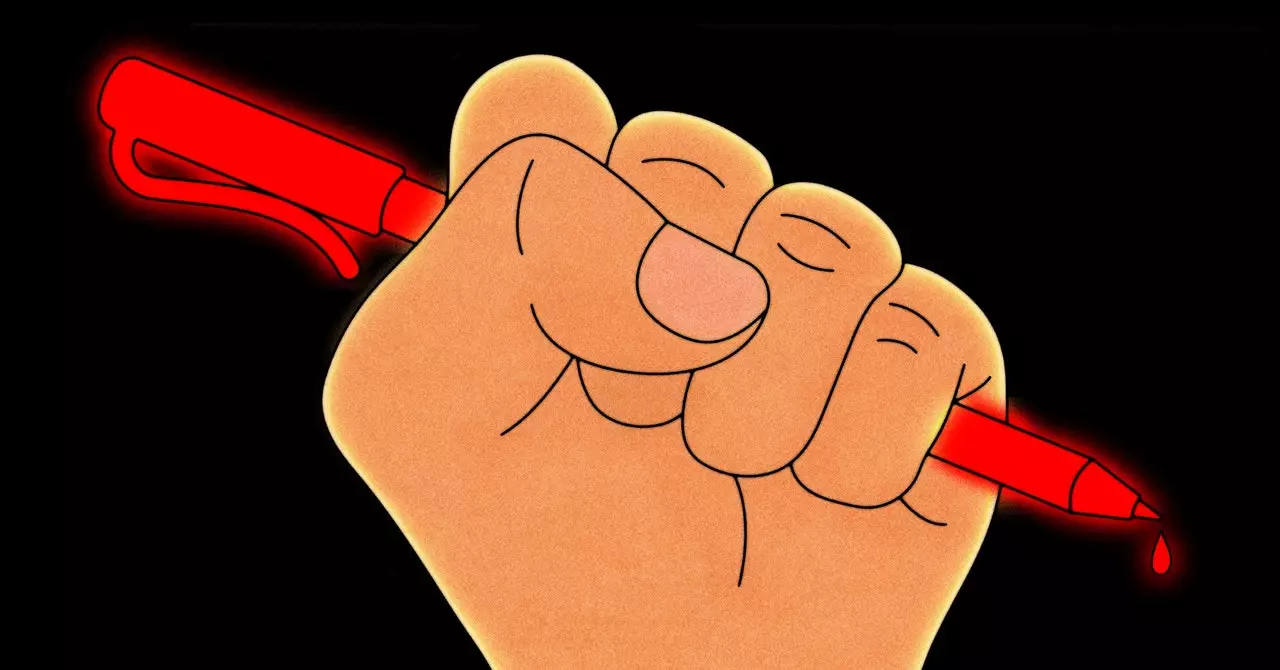In recent years, the rapid advancement of artificial intelligence (AI) technology has sparked a myriad of conversations around ethics, innovation, and notably, copyright laws. This emerging dialogue has gained momentum, especially following a notable lawsuit that exemplifies the tensions between traditional content creators and the burgeoning AI industry. The case, initiated by Thomson Reuters against the legal AI startup Ross Intelligence in May 2020, sheds light on the complex nexus between copyright infringement and AI development. While this legal battle might have seemed insignificant at a glance, it illuminated critical issues that could fundamentally alter the dynamics between content creators and AI companies.
Amid a global pandemic that diverted public attention, the lawsuit against Ross Intelligence went largely unnoticed outside the niche of copyright enthusiasts and legal experts. However, this case has sparked what appears to be a widespread conflict over the utilization of intellectual property in AI training. Following this initial action, the legal landscape has become saturated with dozens of lawsuits filed by various plaintiffs, ranging from individual authors to prestigious media organizations and even music industry giants. High-profile names like Sarah Silverman and Ta-Nehisi Coates have joined the chorus of rights holders accusing AI companies of appropriation without consent or compensation, setting the stage for a significant battle over intellectual property rights in the digital age.
The Fair Use Doctrine and Its Implications
At the heart of these legal confrontations lies the “fair use” doctrine, a principle that allows the limited use of copyrighted material without formal permission. AI firms have adopted this defense strategy, contending that their use of copyrighted works for training purposes should be recognized as fair use. This justification stirs up complex questions about the boundaries of fair use, which traditionally encompasses areas such as commentary, criticism, news reporting, and education. The evolving nature of AI’s capabilities and its implications for creativity and invention suggests that the legal interpretations of fair use may need revisiting to accommodate technological advancements that challenge pre-existing legal frameworks.
The tensions evident in these lawsuits are not confined merely to the courtroom. They forecast a potential seismic shift in how content is produced and consumed. The growing legal scrutiny implies that AI companies must tread carefully to avoid infringing on the rights held by creators, as non-compliance could lead to severe financial repercussions or, as in the case of Ross Intelligence, even business dissolution. Moreover, the implications ripple outwards, affecting internet users and content consumers by potentially altering the accessibility of information, creativity, and innovation on digital platforms.
The stakes are undeniably high, with major players such as OpenAI, Meta, Microsoft, Google, Anthropic, and Nvidia embroiled in ongoing lawsuits concerning their AI tools. The future of these technologies hangs in the balance as the judiciary navigates these complex legal waters, determining how much of existing creative work can be utilized by AI developers without infringing on copyright.
A Call for Legislative and Regulatory Reforms
As the legal disputes unfold, a pressing need emerges for updated legislative and regulatory frameworks to address the unique challenges posed by AI. Policymakers must engage with stakeholders to create guidelines that not only protect the rights of original creators but also foster innovation within the AI realm. Charting a course through these uncharted waters requires a balanced approach, one that permits technological progress while still recognizing and rewarding the contributions of traditional creators.
The ongoing clashes between content publishers and AI companies signify a pivotal moment in the evolution of copyright law. The decisions rendered from the various lawsuits could set important precedents, shaping the future landscape of both the AI industry and intellectual property rights. As the boundaries of creativity blur in an increasingly digitized society, it is imperative for lawmakers and stakeholders alike to engage in meaningful dialogue that ensures a fair and equitable synthesis of innovation and copyright protections. The outcome of these legal battles will not only redefine the relationships within the digital ecosystem but also impact countless individuals who depend on the interplay of technology and creativity for their livelihoods.


Leave a Reply
You must be logged in to post a comment.